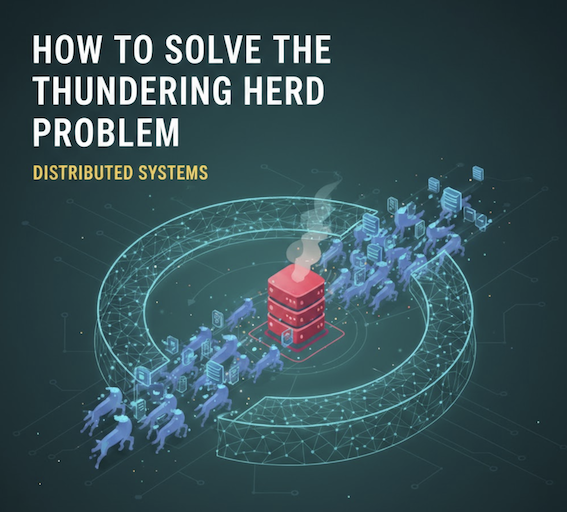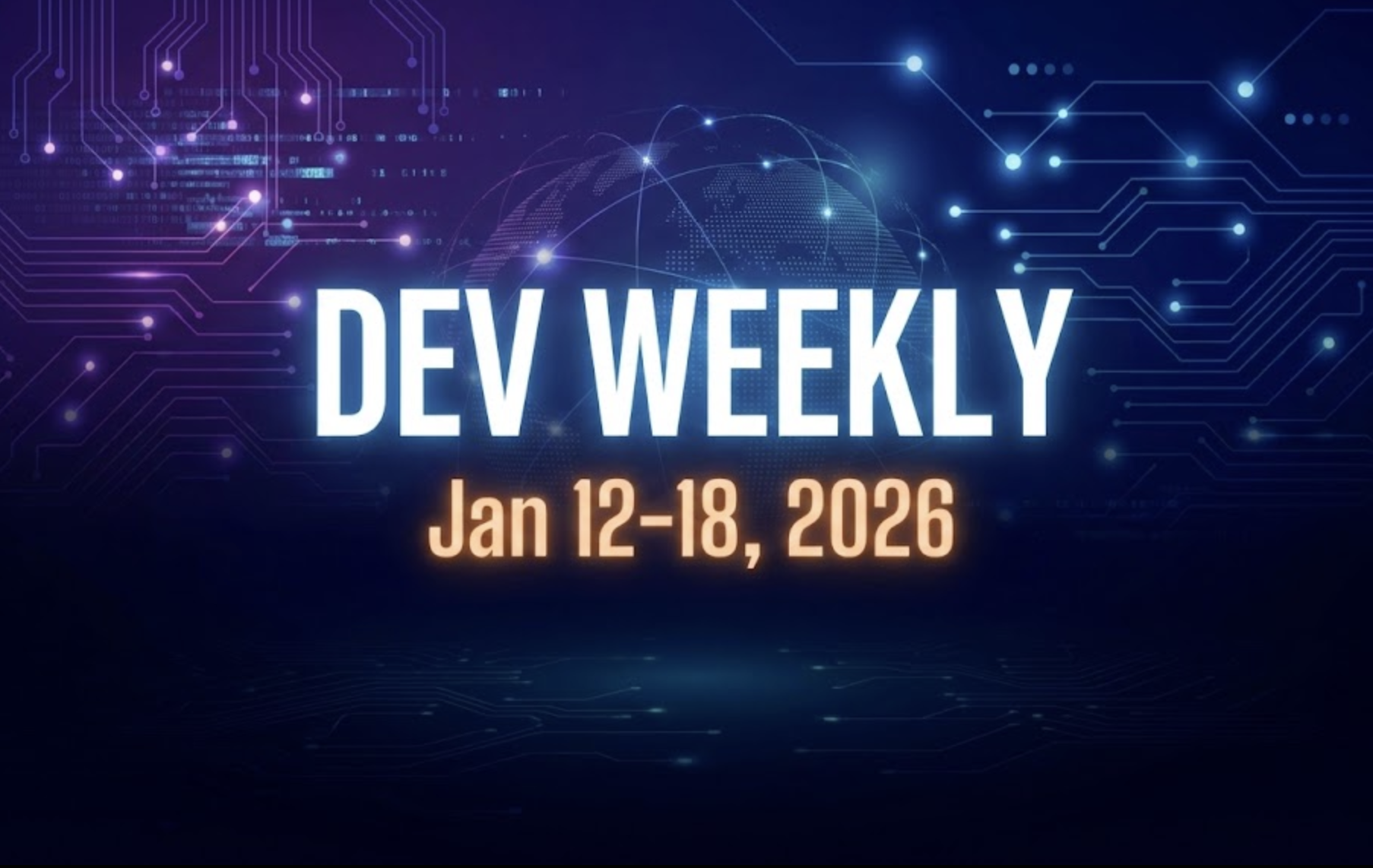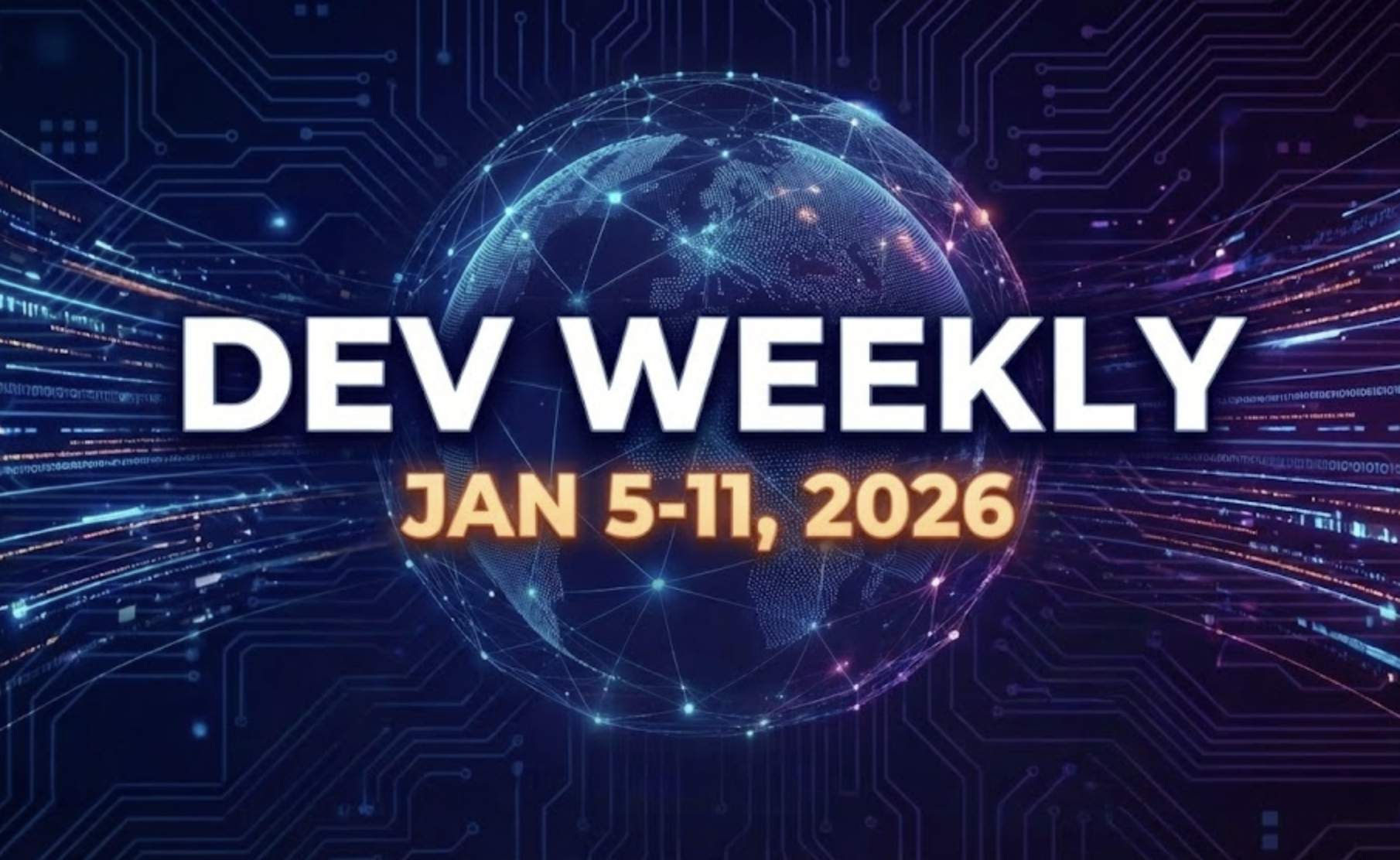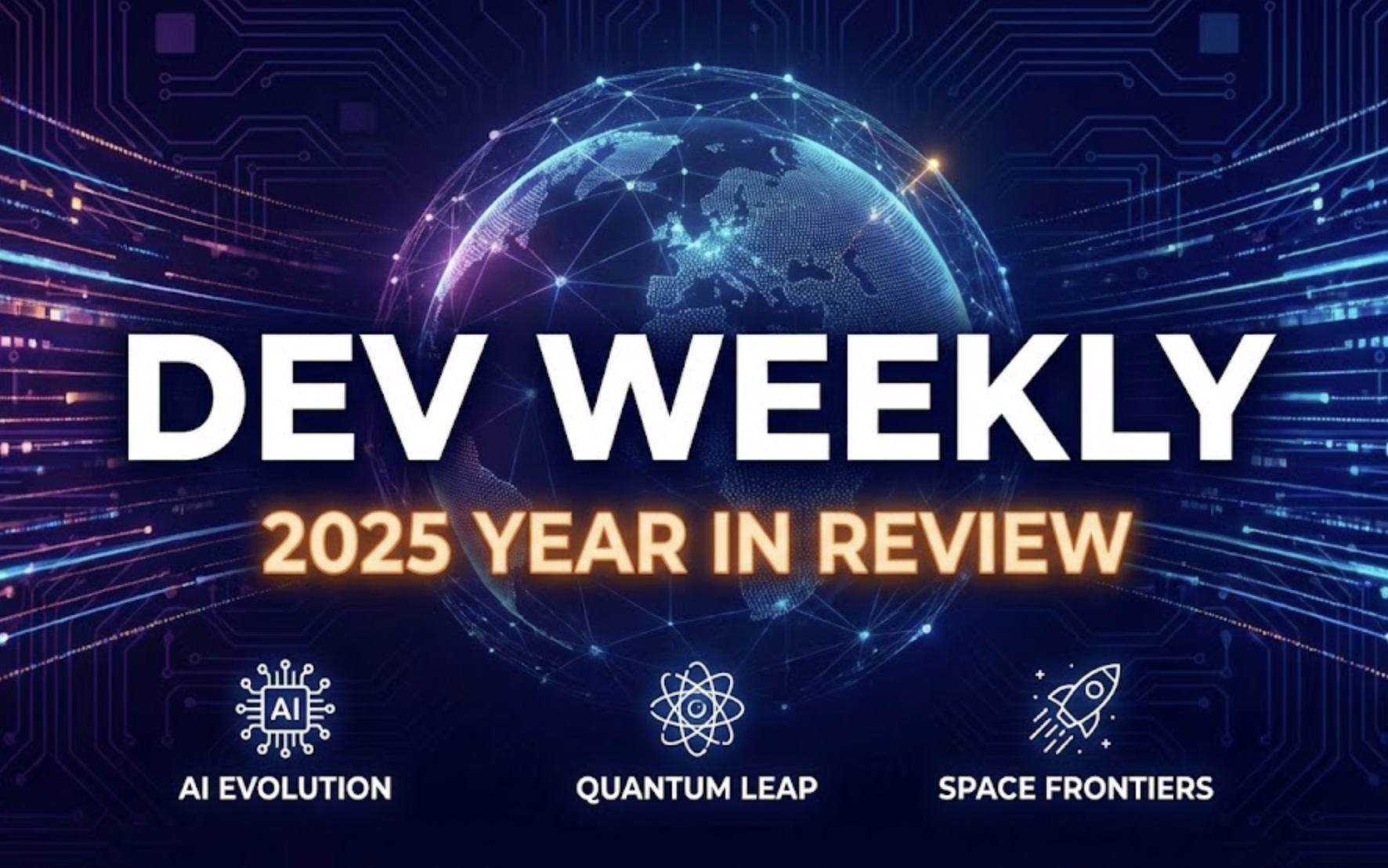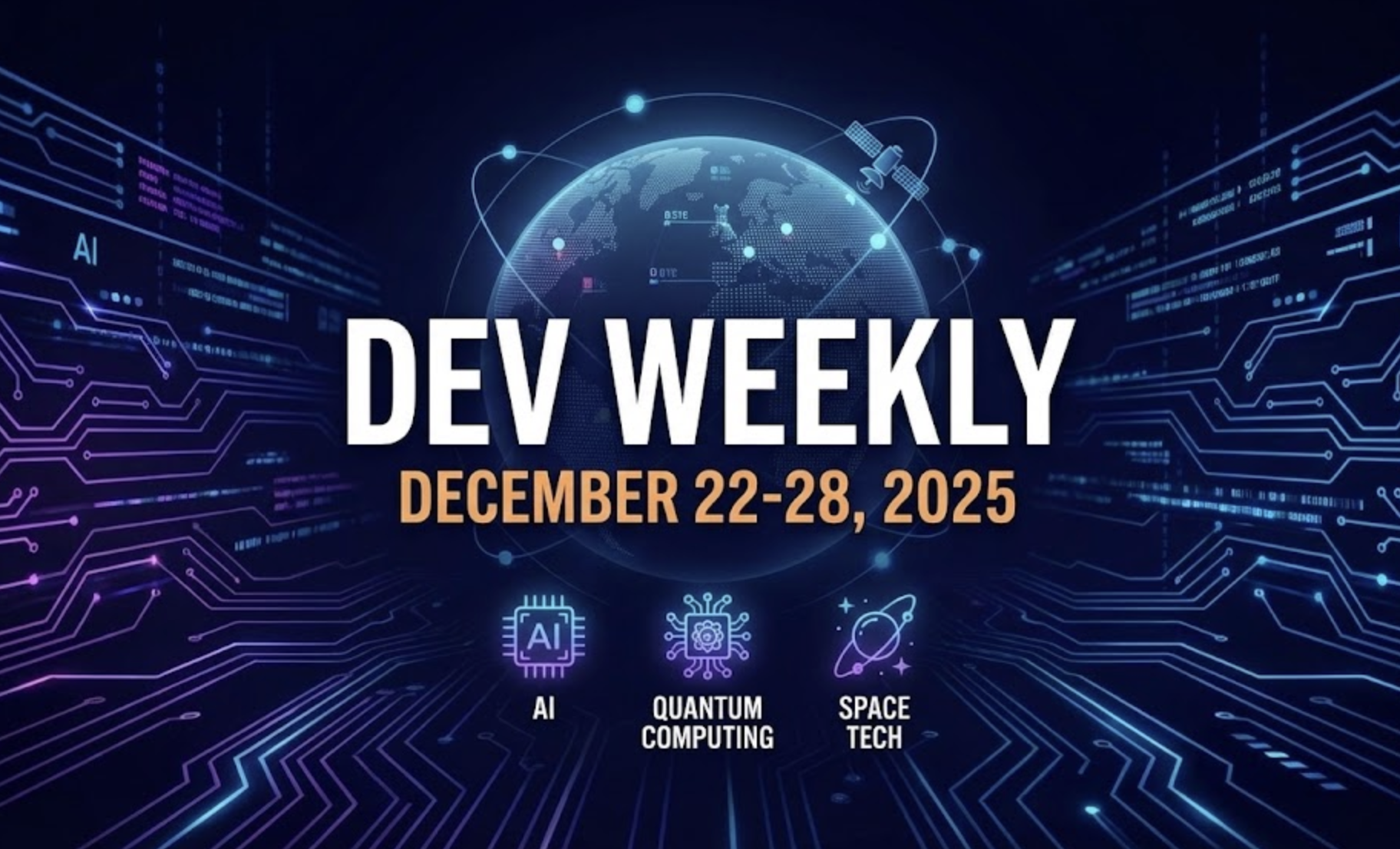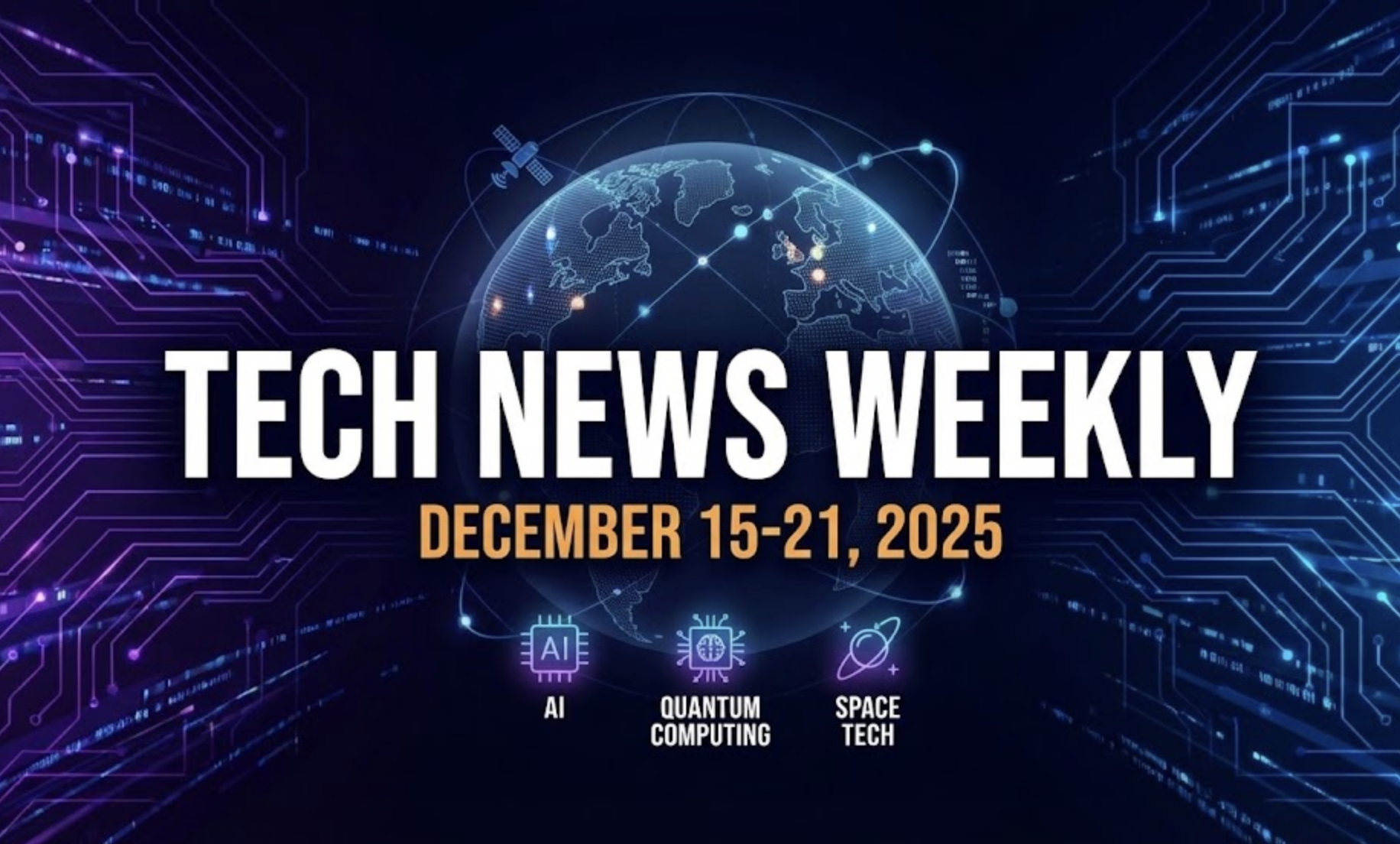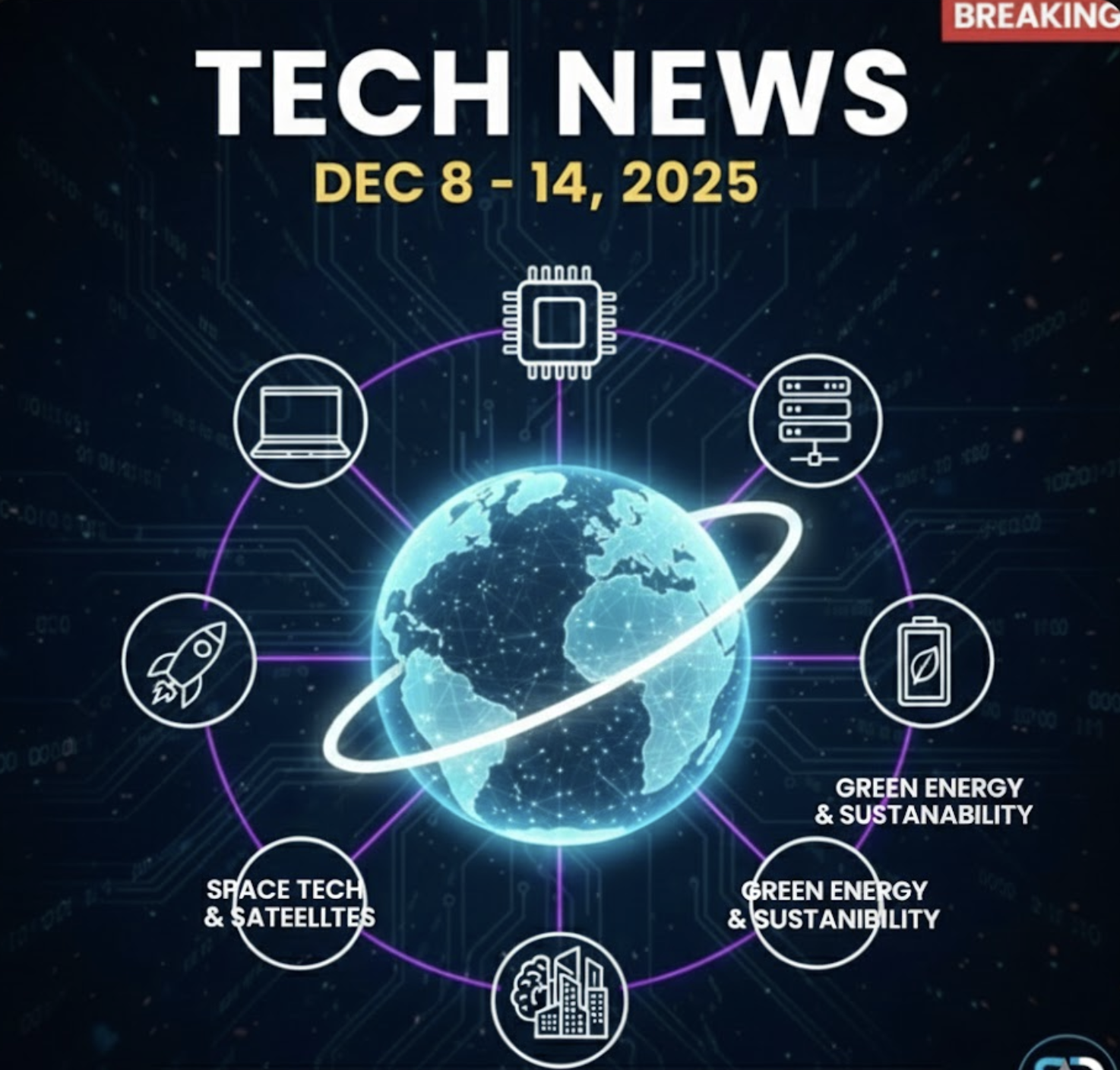Microsoft just dropped $9.7 billion on AI infrastructure in Australia. Samsung and Nvidia are building a megafactory with 50,000 GPUs. Deepnote went open source on November 4. And the industry is starting to worry about AI-generated code security. Here’s what happened this week.
Top Stories This Week
Microsoft Signs $9.7 Billion AI Deal with Australia -
Microsoft announced a $9.7 billion partnership with Australia’s IREN Ltd. on November 3. This is one of the biggest AI infrastructure deals of the year.
What they’re getting:
- Access to Nvidia’s latest GB300 accelerator systems
- Data center capacity in Texas
- Major boost to Microsoft’s AI compute power
- Part of a bigger global expansion strategy
This comes right after Microsoft also announced a $7.9 billion investment in the UAE for cloud and AI infrastructure through 2029. They’re clearly going all-in on global AI dominance.
Why this matters:
- The AI arms race is getting expensive
- Cloud providers need massive compute to stay competitive
- Microsoft is betting big on AI being the future of everything
- Every major AI product needs serious hardware behind it
Microsoft now runs over 400 data centers across 70 regions. They’re also building the Fairwater data center in Wisconsin, which they claim will be ten times more powerful than existing supercomputers.
The scale is insane. We’re talking billions of dollars just for the infrastructure to run AI models.
Samsung + Nvidia Building AI Megafactory with 50,000 GPUs -
Samsung Electronics and Nvidia announced plans for an AI megafactory this week. They’re deploying over 50,000 GPUs to transform how semiconductors are made.
What it does:
- AI-driven chip design and testing
- Real-time analytics for manufacturing
- Automated quality assurance
- Process management optimization
The first deployment starts at Samsung’s Taylor, Texas facility, then rolls out globally.
Why this is a big deal:
- Chip manufacturing is insanely complex
- AI can spot defects humans miss
- Faster design cycles mean faster innovation
- This could speed up the entire chip industry
Samsung is basically using AI to make better chips faster, which will then be used to run more AI. It’s a feedback loop that could accelerate everything.
This partnership shows how AI is moving beyond just software. It’s being baked into the physical process of making the hardware that powers AI itself.
Deepnote Goes Open Source -
On November 4, Deepnote released its platform as open source under the Apache 2.0 license. This is huge for data scientists.
Deepnote serves over 500,000 data professionals. Now they’re positioning themselves as the modern replacement for Jupyter Notebooks.
What’s new:
.deepnoteYAML format instead of.ipynbJSON- Much easier to read and review in code diffs
- Reactive execution - dependent cells auto-update when inputs change
- Better collaboration and version control
- Fully open source and self-hostable
If you’ve ever tried to do a code review on a Jupyter notebook, you know the pain. The JSON format is terrible for version control. Deepnote fixes this.
The reactive execution is smart too. Change a variable at the top, and everything that depends on it automatically re-runs. No more manually tracking which cells to rerun.
Developer Tools & Releases
Canva Makes Affinity Suite Completely Free -
Big news for designers. Canva acquired Serif last year, and this week they consolidated the Affinity design suite into a single free app for Mac and Windows.
What you get:
- Vector design tools (was Affinity Designer)
- Photo editing (was Affinity Photo)
- Page layout (was Affinity Publisher)
- All in one unified app
- Completely free
This used to be three separate paid apps. Now it’s all free and integrated.
Microsoft’s Security Push
Microsoft allocated resources equivalent to 34,000 full-time engineers to their Secure Future Initiative. That’s not 34,000 actual people, but that’s the level of investment they’re making.
Focus areas:
- Identity protection improvements
- Security-by-design practices
- Secure AI development
- Proactive threat detection
This is CEO Satya Nadella’s top priority. After some high-profile security incidents, Microsoft is taking security seriously again.
HeyGen’s AI Video Translator
HeyGen launched a new AI video translator this week. It’s not just subtitles, it actually makes people look like they’re speaking other languages.
What it does:
- Translates video audio
- Syncs lip movements to translated speech
- Matches tone and expressions
- Hyper-realistic localization
Available on:
- Web platform
- iOS app
- API for developers
This is pretty wild. You can record a video in English, and it’ll make you look like you’re fluently speaking Japanese, Spanish, whatever. The lip sync works.
Use cases are obvious - content creators, education, marketing, global teams. If you need to localize video content, this is way faster than re-recording everything.
Security News This Week
This week had some concerning security trends worth knowing about.
AI-Generated Code is 40% of Enterprise Apps
A new report says AI tools now generate up to 40% of enterprise application code. That sounds great for productivity, but there’s a problem.
The issue:
- Security teams can’t keep up with the pace
- AI-generated code isn’t always secure
- Vulnerabilities slip through faster
- Traditional security reviews are too slow
AI writes code fast. Really fast. But it doesn’t always write secure code. And when humans review AI code, they tend to trust it too much.
What this means:
- More vulnerabilities making it to production
- Need for automated security scanning
- AI-generated code needs special scrutiny
- Security teams are stretched thin
If your company uses Copilot or similar tools heavily, make sure you’re scanning that code. AI is great but it’s not a security expert.
AI Browser Agents Creating New Risks - []
Tools like AutoGPT that browse the web autonomously are getting popular. But security experts are warning about blind spots.
The risks:
- Agents can be tricked by malicious sites
- They might expose sensitive data
- Hard to audit what they’re doing
- New attack vectors nobody’s thought of yet
When you have an AI agent browsing on your behalf, it has access to everything you do. If it gets compromised or makes a mistake, that’s a problem.
This is early days for autonomous agents. The security model isn’t figured out yet. Be careful if you’re using these tools for anything sensitive.
Web Injection Attacks on the Rise
Scammers found a new way to inject malicious content into legitimate websites. Even when the address bar shows a trusted domain, the page content can be fake.
How it works:
- Browser extension exploits
- Man-in-the-middle attacks
- JavaScript injection
- Makes legit sites look like they’re promoting scams
Defense:
- Regular code audits
- Content Security Policy headers
- Real-time monitoring
- Educate users on the threat
The Numbers That Matter
- $9.7 billion - Microsoft’s AI deal with Australia’s IREN Ltd.
- $7.9 billion - Microsoft’s additional investment in UAE cloud/AI infrastructure
- 50,000+ GPUs - Samsung-Nvidia AI megafactory deployment
- 400+ data centers - Microsoft’s global infrastructure across 70 regions
- November 4 - Deepnote released as open source under Apache 2.0
- 500,000+ users - Data professionals using Deepnote
- 34,000 FTE equivalent - Resources Microsoft allocated to Secure Future Initiative
- 40% - Portion of enterprise code now AI-generated
- 92% recall rate - OpenAI’s Aardvark security agent benchmark
- 100 million - Monthly active users of Microsoft 365 Copilot
- 20 million - GitHub Copilot users
Miss something? Let us know. We’re always looking to cover what matters to developers.
